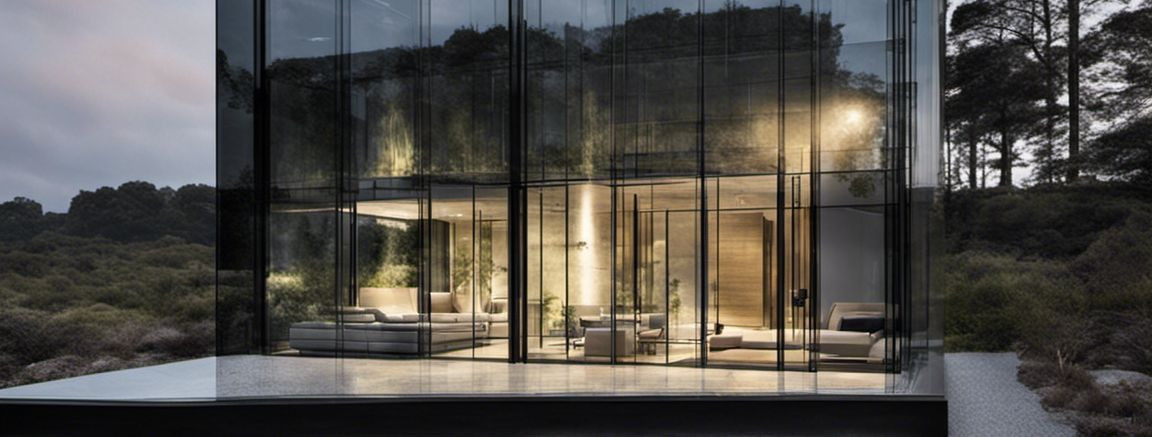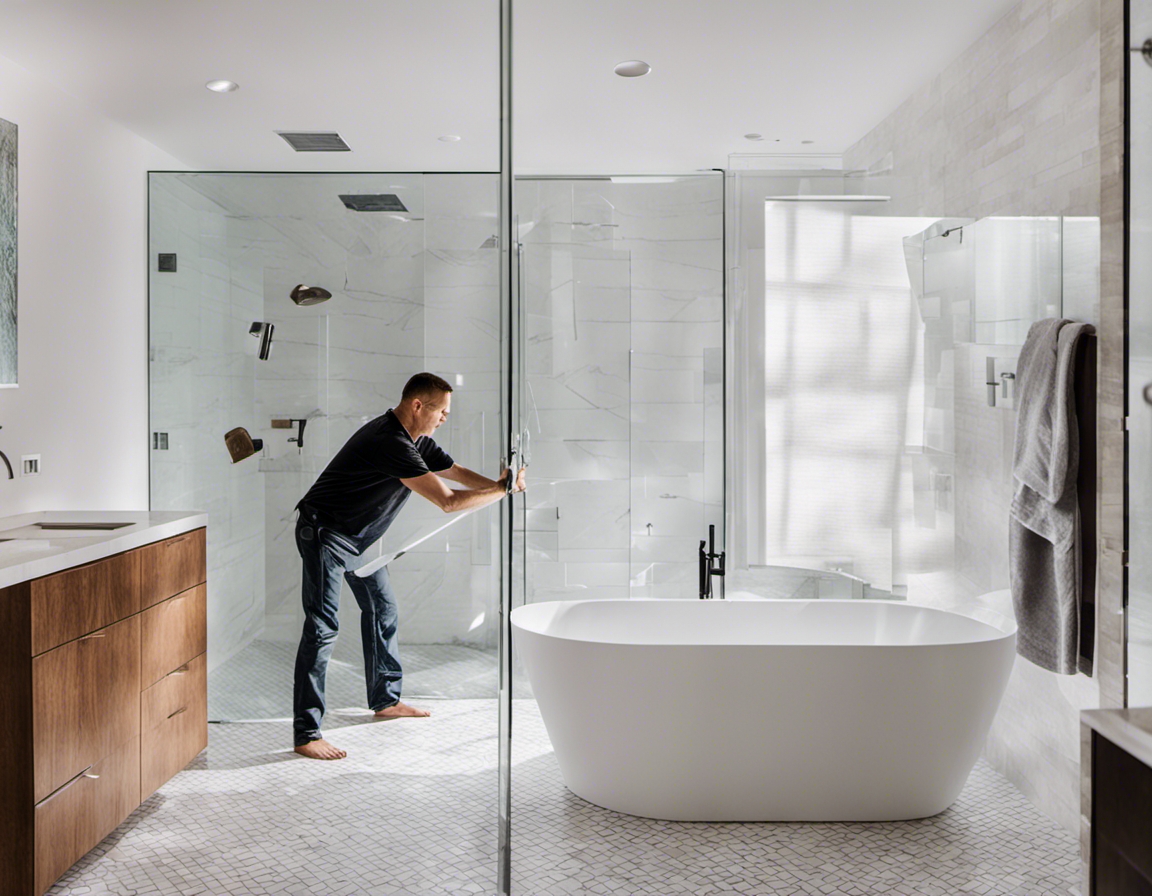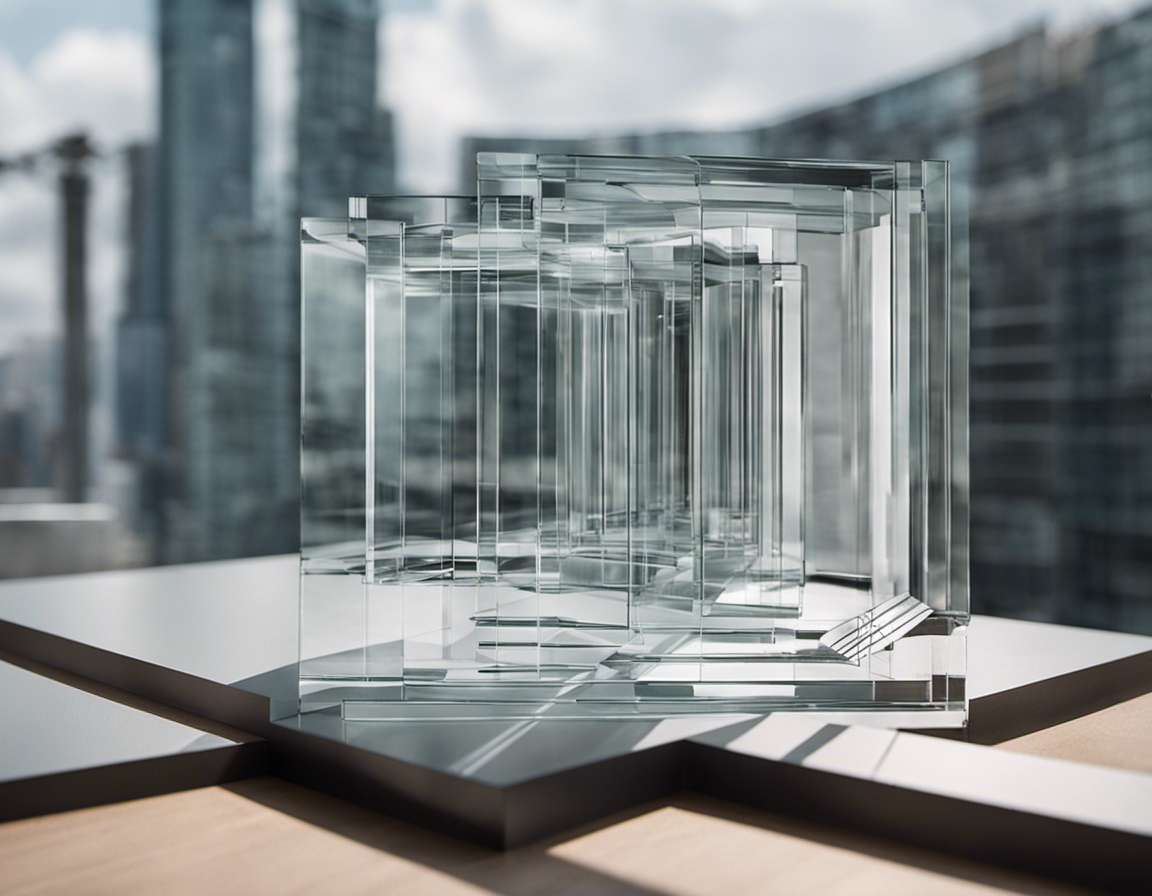The Future of Eco-Friendly Glass Construction
Introduction to Eco-Friendly Glass Construction
Welcome to a world where the brilliance of glass meets the ethos of sustainability. As architects, interior designers, construction companies, and discerning homeowners, you are at the forefront of a revolution in building materials. Eco-friendly glass construction is not just a trend; it's a commitment to the future of our planet. In this comprehensive guide, we will explore the innovative ways glass innovation in construction is shaping a greener tomorrow.
The Importance of Sustainability in Glass Construction
Sustainability is no longer a buzzword but a necessity in the modern world. The construction industry, including architectural glass solutions, plays a pivotal role in reducing carbon footprints and promoting environmental stewardship. By integrating eco-friendly glass construction practices, we can significantly impact energy consumption and create buildings that are not only aesthetically pleasing but also kind to our environment.
Innovations in Eco-Friendly Glass
The glass industry has seen remarkable innovations aimed at reducing environmental impact. From energy-efficient glass that minimizes heat loss to safety glass installation that ensures durability, the advancements are both practical and impressive. These innovations extend to luxury sauna glass doors and premium shower glass walls, which are now designed to conserve energy while offering the luxury experience clients crave.
Custom Glass Design and Its Role in Sustainability
Custom glass design is at the heart of sustainable building. Tailored to the specific needs of a project, custom solutions like bespoke glasswork ensure that materials are used efficiently, reducing waste and optimizing performance. Whether it's for residential glass installation or commercial glass services, custom design is a key player in the eco-friendly construction narrative.
Case Studies: Eco-Friendly Glass Facades
Real-world examples of glass facade experts implementing sustainable practices are abundant. From towering skyscrapers with reflective glass that reduces cooling needs to cultural centers using photovoltaic glass to generate their own power, these case studies illustrate the tangible benefits of eco-friendly glass in construction.
Energy-Efficient Glass Solutions for Residential and Commercial Spaces
Both residential and commercial spaces can benefit from energy-efficient glass. This section will delve into the specifics of how these solutions can reduce energy bills and enhance comfort, while also discussing the importance of professional glass construction consultancy in achieving the best results.
Emerging Trends in Glass Design and Construction
The future of glass in construction is bright, with trends like smart glass and bio-reactive facades on the rise. These glass design trends not only push the envelope in terms of what's possible aesthetically but also set new standards for sustainability.
Challenges and Considerations in Sustainable Glass Building
Despite the progress, challenges remain in the realm of sustainable glass building. This section will address the hurdles such as cost, market readiness, and technological limitations, while also highlighting the importance of ongoing research and development.
The Role of Experts in Advancing Eco-Friendly Glass Construction
Expertise is crucial in advancing the field of eco-friendly glass construction. From glass construction consultancy to skilled installers, the value of seasoned professionals cannot be overstated. Their insights and experience are what drive the industry forward, ensuring that eco-friendly practices are not just theoretical but implemented effectively.
Conclusion: The Bright Future of Glass in Eco-Conscious Building
As we look to the future, the role of glass in eco-friendly construction is only set to expand. With ongoing innovation and a collective commitment to sustainability, glass will continue to be a material of choice for those who seek to blend beauty, functionality, and environmental responsibility in their building projects.






Comments (0)